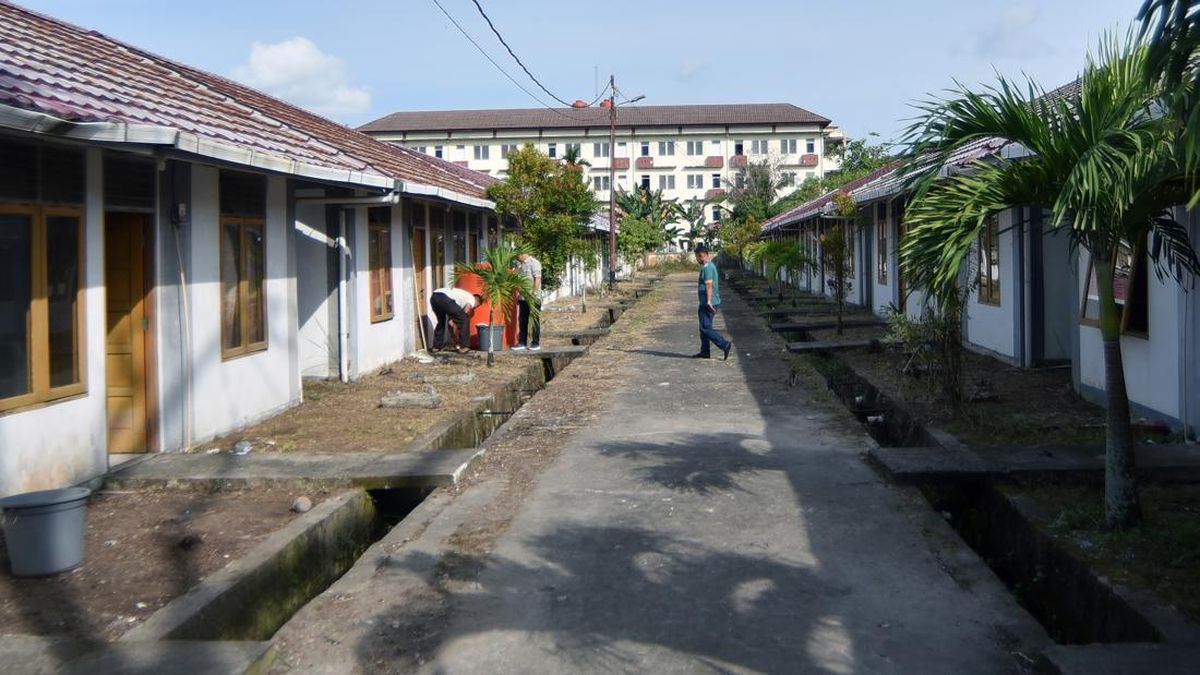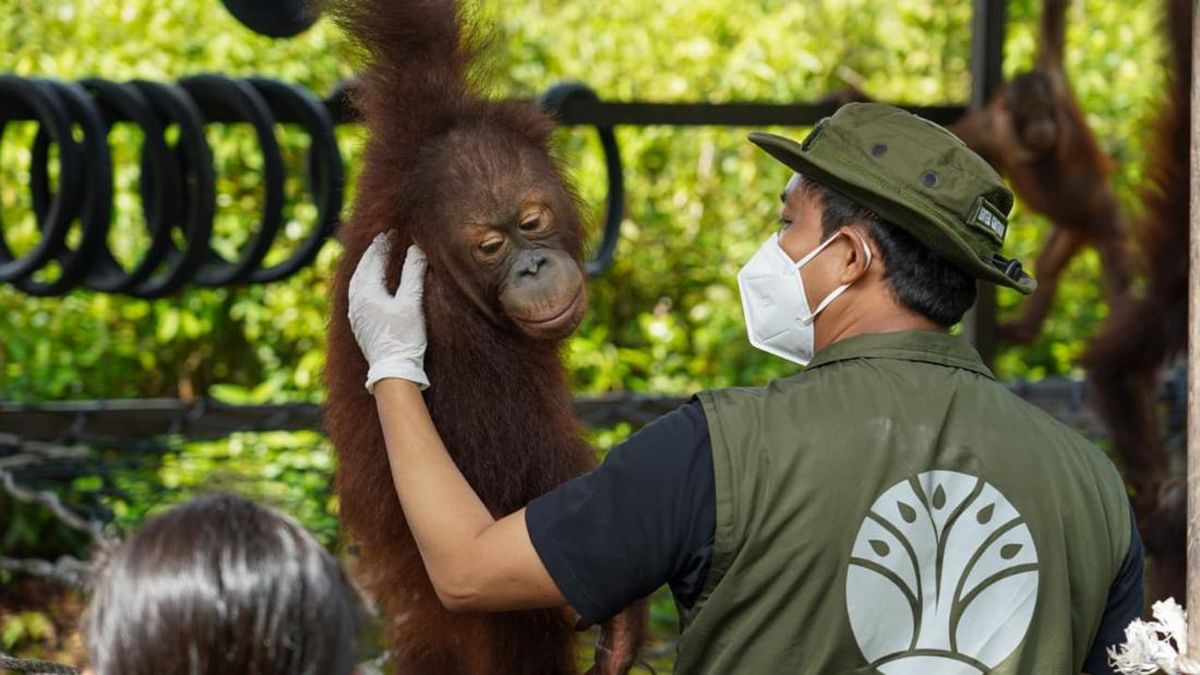Merivale hit with human rights complaint for allegedly refusing entry to people wearing Palestinian scarves
A Sydney law firm has filed a complaint to the Australian Human Rights Commission against Merivale on behalf of six people who allege to have been turned away at a Middle Eastern restaurant for wearing Palestinian headscarves in the hours after the Harbour Bridge protest.
On Friday, the Racial Justice Centre filed a complaint under the Racial Discrimination Act 1975 (Cth) to the commission representing six Palestinian complainants who it claims were discriminated against at Merivale restaurant, Jimmy’s Falafel.

Jimmy’s Falafel, which is owned by Merivale. Credit: Edwina Pickles
The complaint alleges that Merivale’s Jimmy’s Falafel – which describes itself as “a little piece of the Middle East in Sydney’s CBD” – engaged in “indirect racial discrimination and racial vilification by enforcing a policy that required the complainants to remove their keffiyehs, traditional Palestinian scarves, as a condition of entry”.
Merivale was contacted for comment after the complaint was lodged, but did not respond by deadline.
It comes after the Herald spoke with seven people who accused Merivale of refusing them entry to the eatery on August 3 unless they took off their keffiyehs. Merivale initially denied the allegations but later said a management decision to ban people carrying or displaying flags and placards inside the venue was imposed for a 20-minute window.

Tanjina Ahmed her four-year-old son Hamza, who is wearing a Palestinian keffiyeh, in front of a keffiyeh-printed wall.Credit: Flavio Brancaleone
The ban was said to have taken effect between 3.55pm and 4.15pm for the safety of Merivale employees after “many instances of rogue members of the public walking past the Ivy venues on George Street yelling obscenities and violent rhetoric into our venues”.
Police estimated at least 90,000 pro-Palestine protesters walked across the Sydney Harbour Bridge on August 3. Organisers say they estimated up to 300,000 people took part.
Merivale footage without audio, seen by the Herald, showed two people yelling towards the restaurant from the footpath, with another person raising two middle fingers. According to Merivale, passers-by shouted “death to the IDF”, “death to all Zionist pigs”, and “f---ing Zionist pigs and scum” towards Jimmy’s.
Merivale said its staff understood its decision to include “political items of clothing” in the ban and they asked people wanting to dine in to “remove those items [or] place them in their bags before entering”.

Pro-Palestine protesters march across the Sydney Harbour Bridge on August 3. Credit: Janie Barrett
The Herald observed multiple groups being turned back by security while wearing keffiyehs during a 20-minute window on the CCTV footage.
Keffiyeh designs differ among Middle Eastern nations. The Palestinian version is typically worn to show solidarity with Gazans.
The complaint alleged that the six people “left the restaurant feeling shocked, humiliated and distressed”. They are seeking “an apology, financial compensation and anti-racism training for Merivale staff”.
The lead complainant of the claim, who requested to remain anonymous, told the Herald she wanted to hold Merivale accountable for what she alleges is its discriminatory policy.
“Initially, I was confused because this restaurant serves falafels and other dishes that are traditional to my Palestinian heritage … I was singled out and treated as a security threat because of my cultural garment,” she said.
“I was forced to choose between publicly expressing my cultural identity and accessing a public space. This incident has exacerbated my ongoing grief at witnessing my extended family be subjected to the most extreme forms of racial discrimination in Palestine.”
Racial Justice Centre executive director Sarah Ibrahim said she hopes this claim sends the message that all forms of racism have no place in society.
“This complaint is a critical step in challenging discriminatory practices and ensuring that businesses are held accountable for their actions,” she said.
The claim aims to resolve the issue of discrimination through conciliation, and if a resolution is not found, a dispute can be filed with the Federal Court.
If a breach of human rights is found in the complaint, the president of the commission can then report the matter to the federal Attorney-General, who can table the report in parliament.
The complaint has been lodged, and the law firm is awaiting a response from the commission to progress the matter further.
Start the day with a summary of the day’s most important and interesting stories, analysis and insights. Sign up for our Morning Edition newsletter.
Most Viewed in National
Loading

















































